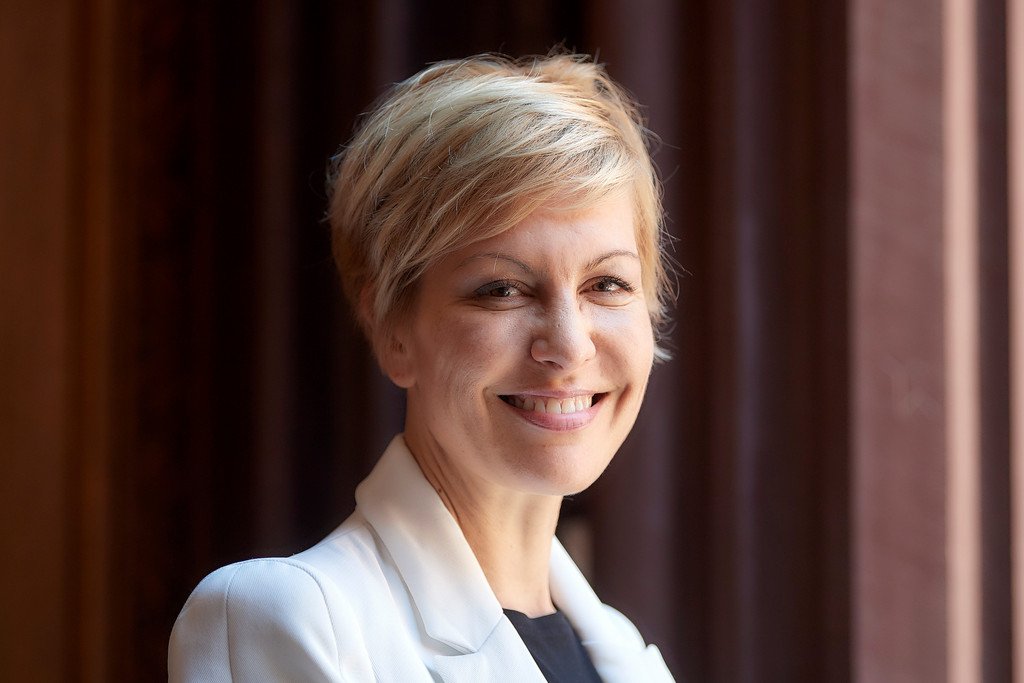The Council of the Swiss Abroad wants more political participation for the “Fifth Switzerland”
20.10.2023 – Smilla Schaer + Marc Lettau
The Council of the Swiss Abroad, referred to as the “Parliament of the fifth Switzerland”, devoted its August meeting to the question of how political participation can be improved for Swiss expatriates. A new working group has been set up to look for answers.
The 89 delegates of the Council of the Swiss Abroad (CSA) had reason to be happy even before their meeting on 18 August 2023. Two days previously, the Federal Council had decided that the e-voting system developed by Swiss Post would remain available to Swiss Abroad eligible to vote in Basel-Stadt, St Gallen and Thurgau, meaning that Swiss expatriates in these cantons will be able to vote online in the federal elections on 22 October 2023. This will be a litmus test for the new e-voting platform, given that elections are much more complex than popular votes involving a simple yes or no. The highest body of the Organisation of the Swiss Abroad, the CSA, believes that e-voting not only makes it easier for the Swiss Abroad to exercise their political rights, but also increases voter participation in the “Fifth Switzerland”. It remains to be seen which other cantons intend to pilot e-voting from 2024.
Increasing political participation
However, e-voting in itself is not enough to sufficiently increase political participation in the “Fifth Switzerland”. This is the conclusion of a report by CSA delegates, which was presented at the CSA meeting. Only around 36 per cent of the over 630,000 Swiss Abroad of voting age were entered in the electoral register at the end of 2022. Of this 36 per cent, only a quarter actually vote. The report proposes various measures to strengthen expatriate engagement in Swiss political life. Consequently, the CSA meeting approved the establishment of a permanent working group to look more closely into whether statutory parameters can be improved with the aim of increasing political participation. Essentially, the CSA would like the federal government to be obliged to support organisations that are helping to promote political participation.
In addition, the CSA expressed support for the OSA’s efforts to ensure that the federal government’s new cultural message takes proper account of the Swiss Abroad. Delegates at the meeting, which took place in St Gallen, also underlined how important it was for Swiss education to be accessible abroad through Swiss schools.
The “Fifth Switzerland” and Swiss politics
The CSA meeting in St Gallen featured a panel discussion between six representatives of the six main political parties, who gave their own reasons as to why the “Fifth Switzerland” should be encouraged to participate in Swiss political life – and why more needs to be done to break down barriers to their doing so.
Here are their answers: because the Swiss Abroad offer “a different perspective from which Switzerland as a whole can benefit” (National Councillor Nicolas Walder, Greens, Geneva); because “mobility is increasing and more Swiss are now living abroad for differing lengths of time (National Councillor Elisabeth Schneider-Schneiter, Centre, Basel-Landschaft); because “there is only one Swiss passport and, therefore, only one type of Swiss citizenship” (National Councillor Laurent Wehrli, FDP, Vaud); because the Swiss Abroad “sometimes know the value of Swiss direct democracy better than anyone else” (National Councillor Roland Büchel, SVP, St Gallen); because it is precisely the Swiss Abroad who epitomise “the importance of e-IDs in addition to e-voting” and how crucial it is that “young people feel enfranchised” (Franz Muheim, GLP, Edinburgh, UK); and finally, because “political decisions made in Switzerland affect everyone, including Swiss living abroad and non-Swiss living in Switzerland” (Fabio Molina, SP, Zurich). This is why “as many people as possible need to be involved in the democratic decision-making process”.







![[Translate to English:]](/fileadmin/_processed_/c/2/csm_online_Revue_2502_SC-Webinar_a26f678026.jpg)




Comments